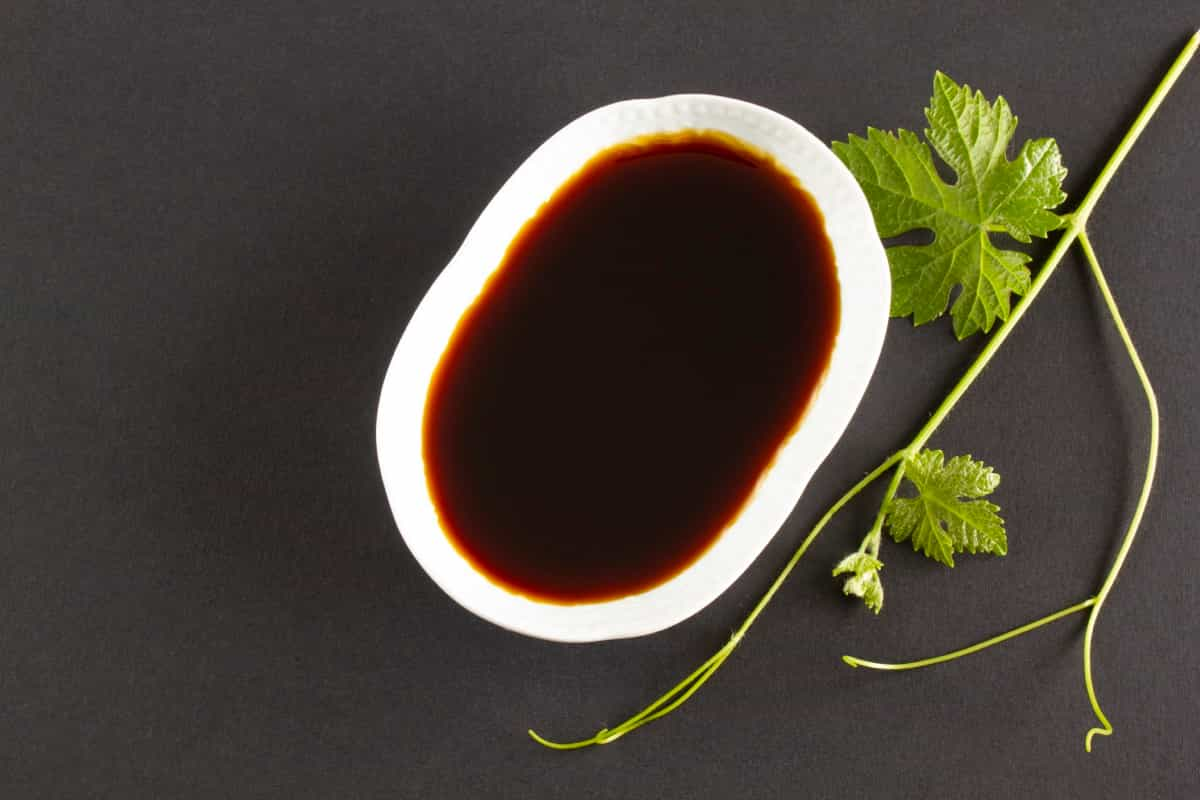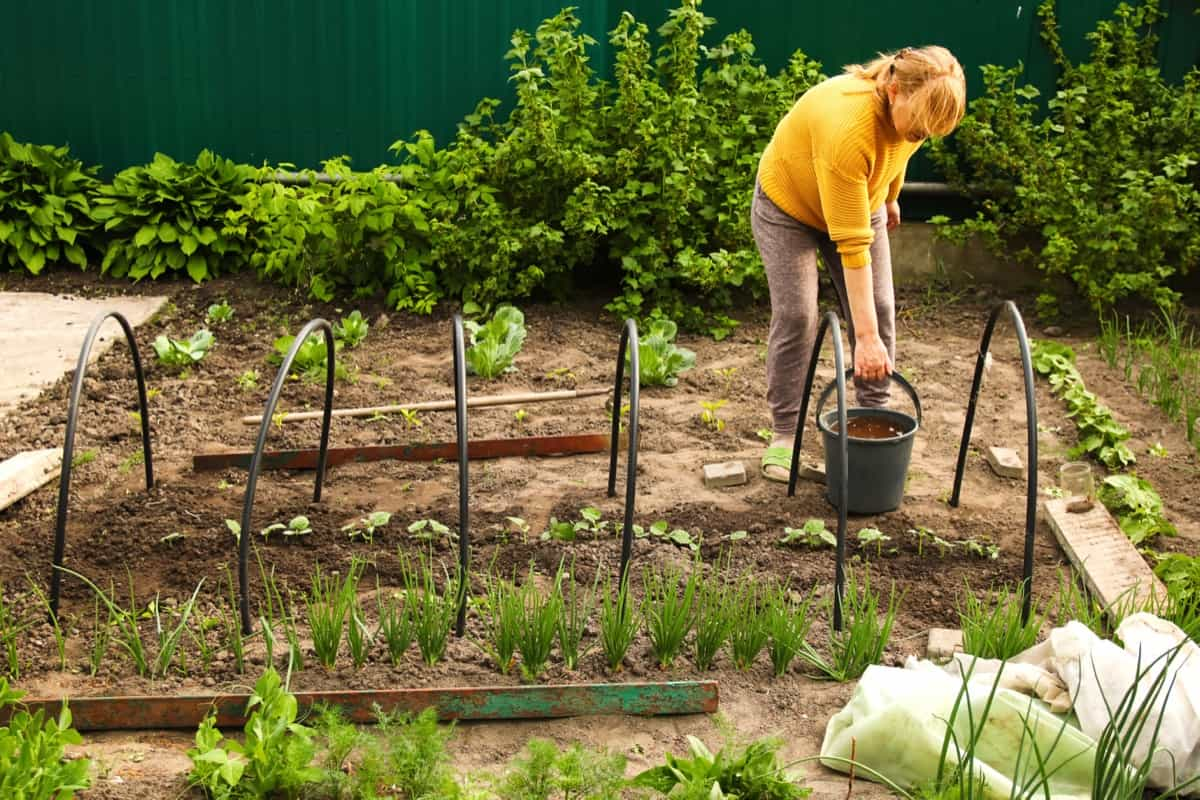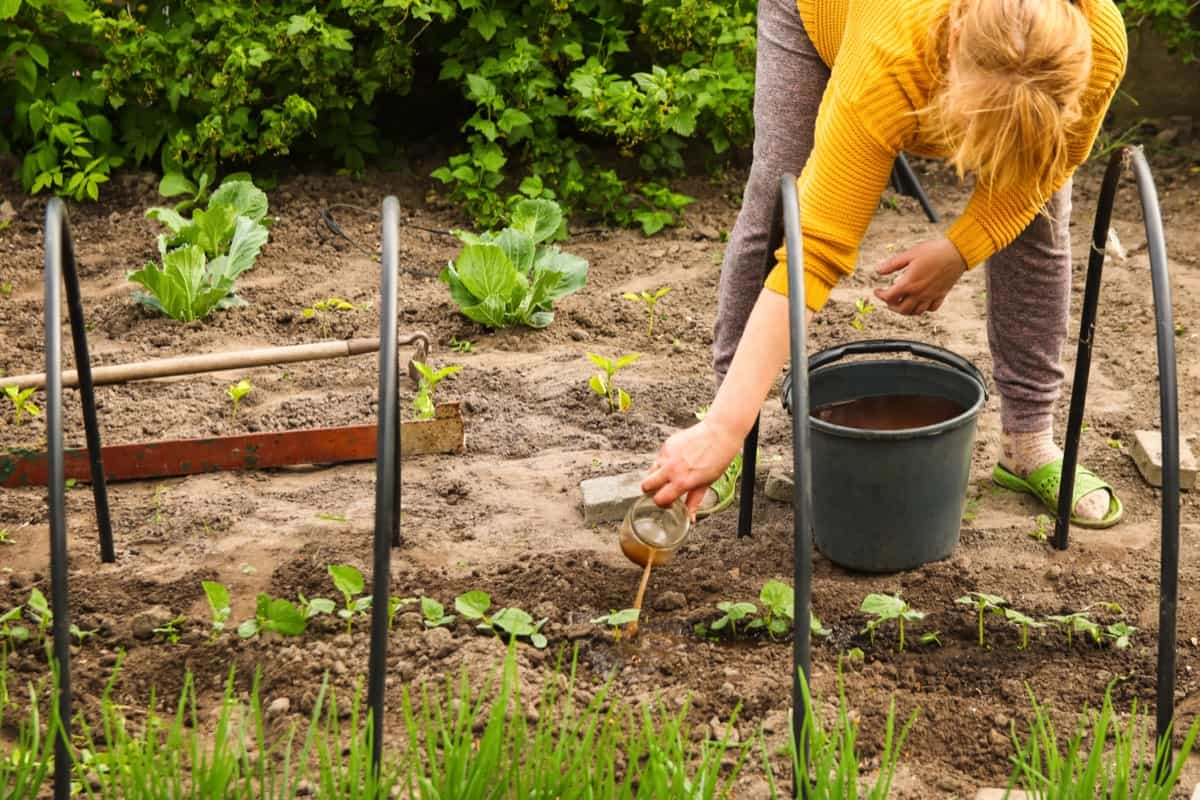Gardening enthusiasts often resort to natural, eco-friendly methods for the best plant growth, and one of these methods is using molasses. The benefits of molasses for plants are manifold and far-reaching, from improving soil structure to remedying nutrient deficiencies. Here we learn the benefits of using molasses for plants and offers practical instructions on applying it effectively as a natural fertilizer.

By the end, you will be familiar with the type of molasses best for plants, a simple molasses fertilizer recipe, the importance of fermented molasses fertilizer, and the concept of Molasses fertilizer NPK (Nitrogen, Phosphorus, Potassium). We’ll also dive into the frequency of application and answer the question – “how often should I use molasses on my plants?” Let’s start this enlightening journey toward organic gardening with molasses.
Benefits of Using Molasses for Plants
The benefits of molasses for plants lie in its rich composition of essential nutrients. Molasses is a dense, sticky byproduct of sugar cane or beet processing, packed with minerals like calcium, potassium, iron, and magnesium. It’s also replete with various micronutrients. When added to soil, molasses increases plants’ nutrient uptake capability, making them healthier and more robust.
Furthermore, using molasses fosters a fertile environment for beneficial soil microbes, which in turn aid the natural nutrient cycling process. It helps plants withstand stressful conditions and boosts their immunity against diseases. Its carbohydrate richness also provides an energy source for soil microbes, enhancing soil health and fertility.
How to Apply Molasses to Plants Effectively
Applying molasses effectively to your plants involves creating a nutrient-rich mixture that your plants can absorb. The first step is determining what kind of molasses for plants is most suitable. Un-sulphured blackstrap molasses is often considered the best, owing to its high nutrient content and absence of chemicals. Mix one to three tablespoons of molasses with a gallon of water for the molasses fertilizer recipe.
Apply the mixture to the soil or spray it on the plant’s leaves. The molasses-water solution is beneficial as a foliar spray and a soil drench, depending on the specific needs of your garden. Remember, the frequency of using molasses for plants depends on their specific nutritional needs and your gardening objectives. In most cases, applying molasses once a month is a good starting point.
Organic Gardening With Molasses
Organic gardening with molasses is an innovative approach to creating a thriving garden ecosystem. The secret lies in the fermented molasses fertilizer, a rich source of beneficial microorganisms. Introducing this fermented mix into your garden aids in the decomposition of organic matter, resulting in humus, a key component for soil fertility.
These microbial activities in the soil promote plant growth, increase the plant’s resistance to pests and diseases, and enhance the nutrient content in the harvested produce. Fermented molasses can also significantly improve the soil’s water retention capacity.
Using Molasses as a Natural Fertilizer for Plants
As a natural fertilizer for plants, molasses supplies various nutrients for their growth and development. The composition of molasses fertilizer NPK, although relatively low compared to synthetic fertilizers, can still contribute significantly to plant nutrition. The slow, continuous release of Nitrogen, Phosphorus, and Potassium from molasses fosters a constant supply of these vital nutrients to the plants.
The low NPK ratio also reduces the risk of nutrient burn, a common issue with synthetic fertilizers. Molasses fertilizer benefits extend beyond providing just primary nutrients. It includes vital trace elements like iron, copper, and manganese, crucial for various plant functions.
In case you missed it: Homemade DIY Molasses Solution Soil Fertilizer: Recipe for Natural and Organic Benefits of Plants

Molasses as a Soil Amendment for Plant Growth
When used as a soil amendment, molasses brings about a noticeable improvement in plant growth. It enhances the soil’s organic matter content, improving its structure and fertility. Organic matter improves soil aggregation, crucial for root development and water infiltration. The carbohydrates in molasses serve as an energy source for beneficial soil microbes, increasing microbial activity. These microbes’ breakdown of organic matter produces humus and other beneficial compounds that enhance the soil’s nutrient-holding capacity, leading to better plant growth.
Enhancing Plant Health With Molasses
Molasses plays a vital role in enhancing plant health. It boosts the plant’s immunity, fending off pests and diseases. By enriching the soil with beneficial microbes, molasses creates a biological barrier against harmful pathogens. It also boosts the plant’s overall health and productivity, producing more robust plants with enhanced growth and higher yields. The high calcium content of molasses also significantly strengthens the plant’s cell walls, making them tougher and more resistant to diseases.
Molasses as a Source of Nutrients for Plants
Molasses serves as a bountiful source of nutrients for plants. It is replete with macro and micronutrients essential for plant growth and development. These nutrients are readily available and easily absorbed by the plant roots, facilitating their effective use. Moreover, the presence of these nutrients in an organic form eliminates the risk of toxic build-ups often associated with synthetic fertilizers. Consequently, molasses can effectively address plant nutrient deficiencies, contributing to a healthier, more productive garden.
Improving Soil Structure With Molasses
Improving soil structure is one of the many molasses fertilizer benefits. Molasses enhances the soil’s organic matter content, improving its texture and structure. A good soil structure is crumbly, easy to work with, and has plenty of spaces or pores. These pores are crucial for moving air, water, and nutrients, facilitating their easy accessibility to plant roots.
Moreover, well-structured soil can retain more water, reducing the risk of waterlogging or drought. The improved soil structure also encourages beneficial soil microbes’ growth and activity, contributing to the soil’s overall health and fertility.
Using Molasses to Promote Microbial Activity in the Soil
Using molasses promotes microbial activity in the soil, a critical aspect of a healthy soil ecosystem. Molasses is a food source for these microorganisms, fueling their growth and multiplication. The increased microbial activity boosts the soil’s fertility by accelerating the breakdown of organic matter into nutrients available for plant uptake. This symbiotic relationship between molasses, microbes, and plants ultimately leads to healthier, more productive plants.
Molasses as a Remedy for Nutrient Deficiencies in Plants
Finally, molasses serves as an effective remedy for nutrient deficiencies in plants. Its rich nutrient content can rectify deficiencies, particularly trace elements crucial for various plant functions. The symptoms of nutrient deficiencies in plants, such as stunted growth, yellowing leaves, or reduced productivity, can be significantly alleviated with the regular application of molasses.
In case you missed it: 10 DIY Plant Foods That Replace Commercial Fertilizers: Homemade Organic Liquid and Compost

Moreover, since molasses is organic and free of harmful chemicals, it poses no risk to the plants, the soil, or the broader environment. In this way, molasses emerges as a potent, eco-friendly solution for fostering a flourishing garden.
Conclusion
Using molasses as a natural fertilizer presents many benefits for both the plants and the soil. From nutrient provision to soil structure improvement, enhancing plant health, and promoting beneficial microbial activity, molasses is an effective and eco-friendly solution for gardening needs.
Its unique ability to rectify plant nutrient deficiencies and improve overall plant health makes it an essential tool in every gardener’s arsenal. By incorporating molasses into gardening practices, gardeners can promote healthier, more resilient plants while fostering a sustainable gardening environment.
- Feed Your Flock for Less: Top 10 Tips to Save on Chicken Feed
- Ultimate Guide to Ossabaw Island Hog: Breeding, Raising, Diet, and Care
- Hatching Answers: The Top 10 Reasons Your Chickens Aren’t Laying Eggs
- Eggs and Economics: Breaking Down the Cost of Raising Backyard Chickens
- Defend Your Greens: Proven Methods to Keep Iguanas Out of Your Garden
- Ultimate Guide to Cinnamon Queen Chicken: A Comprehensive Guide for Beginners
- Ultimate Guide to California Tan Chicken: Breeding, Raising, Diet, Egg-Production and Care
- Ultimate Guide to Marsh Daisy Chicken: Breeding, Raising, Diet, and Care
- 10 Types of Chicken Farming Businesses You Can Start for Profits